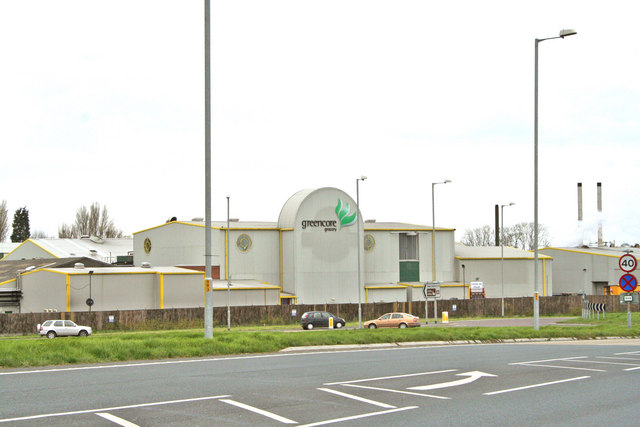
Reform UK has claimed a dramatic by-election victory in Runcorn and Helsby, narrowly defeating Labour by just six votes following a tense recount.
In what marks Prime Minister Sir Keir Starmer’s first major electoral test, former Conservative councillor Sarah Pochin overturned a 14,696 Labour majority to win the Cheshire seat for Reform, becoming the party’s fifth MP. The result reflected a 17.4% swing away from Labour in one of its traditionally safest constituencies.
This win also represents Reform’s first-ever parliamentary by-election victory. In a further boost, the party secured its first regional mayoralty in Greater Lincolnshire, although Labour managed to retain control in three other mayoral contests.
Labour requested a recount in Runcorn at around 4 a.m. BST after an initial count showed Reform ahead by just four votes. The final result set a post-war record for the tightest by-election margin, surpassing the Liberals’ 57-vote win in Berwick-upon-Tweed in 1973.
Reform leader Nigel Farage, speaking at the count, hailed the victory as proof of Labour’s rapid decline since the general election. “We’ve replaced the Conservatives as the main opposition,” he claimed, adding that many voters now see a Tory vote as indirectly supporting Labour.
Pochin, now Reform's first female MP, declared in her acceptance speech: “The people of Runcorn and Helsby have spoken – enough is enough. Enough Tory failure, enough Labour lies.”
The by-election was triggered by the resignation of Labour MP Mike Amesbury following his conviction for assaulting a constituent.
Labour Party chair Ellie Reeves acknowledged the challenging circumstances, saying: “We were elected on a mandate for change, and we know people are impatient.” A Labour campaigner cited cuts to winter fuel payments and disability benefits as major factors in the party's poor showing.
Ros Jones, Labour’s re-elected mayor in Doncaster, criticised her party’s recent policy decisions, calling for better responsiveness to public concerns.
Conservative co-chair Nigel Huddleston dismissed Farage’s claim that Reform is now the main opposition, pointing out the Tories still have 121 MPs compared to Reform’s five. “We are His Majesty’s official opposition, and we show up and do the work,” he said.
By-Election Vote Share:
Reform UK: 38.7% (+20.6)
Labour: 38.7% (−14.2)
Conservative: 7.2% (−8.8)
Green Party: 7.1% (+0.7)
Liberal Democrats: 2.9% (−2.2)
Liberal Party: 1.4% (+0.3)
Independent: 1.1% (+1.1)
Elsewhere, Reform scored a major win in Greater Lincolnshire, where Andrea Jenkyns – a former Conservative MP – was elected mayor with a 40,000-vote lead over her former party. Labour narrowly held mayoral offices in North Tyneside and Doncaster, and kept the West of England mayoralty with a reduced margin.
Reform also made notable local gains, winning over half of the first 100 council seats declared. In counties like Northumberland and Staffordshire, both Labour and the Conservatives lost ground to Reform.
The party is targeting further gains in councils such as Kent, Lincolnshire, and Doncaster.
Meanwhile, in Hull & East Yorkshire, a tight mayoral race is developing between the Conservatives, Labour, the Lib Dems, and Reform’s candidate, former Olympic boxer Luke Campbell.
Since securing over four million votes in the last general election, Reform’s national polling numbers have continued to rise.
The Liberal Democrats, aiming to capitalize on Conservative losses, are hoping for gains in Gloucestershire and Hertfordshire. Deputy leader Daisy Cooper said voters remain frustrated with both major parties, adding: “We believe we can replace the Conservatives as the party of Middle England.”
The Conservatives are defending the most seats in this year’s elections, which cover 23 councils in England—mostly in areas where the party has traditionally dominated. This year’s contests are fewer in number due to local government reorganizations delaying elections in nine areas. Photo by Hullian111, Wikimedia commons.






























































